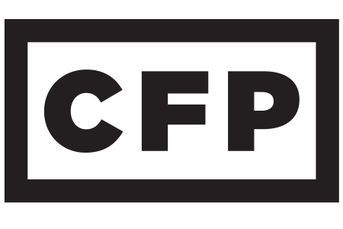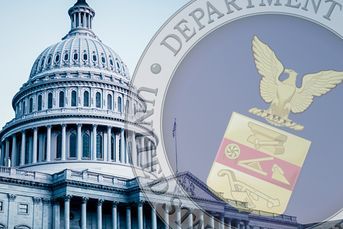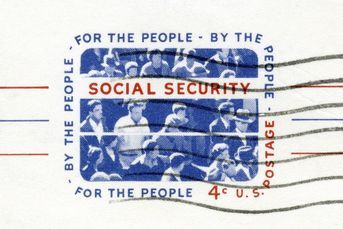Change in Washington shouldn’t include cutting tax deferrals
Removing the tax savings element of workplace retirement plans would surely make saving less appealing.
It seems incomprehensible that lawmakers would do anything that would reduce incentives for Americans saving for retirement, but the Republican-controlled Congress and the Trump administration just may have 401(k) plans on their radar as a way of paying for broad tax cuts for corporations and individuals.
In comments to his membership last week, Brian Graff, head of the National Association of Plan Advisors, warned that impending tax reform could have more of an impact on the retirement industry than the Department of Labor ‘s fiduciary rule.
“I think, in the end, tax reform could be way worse than the fiduciary rule,” he said.
Trillions in revenue
Mr. Graff argues that the reductions in tax rates that Congress is considering would cost the government trillions of dollars in revenue. That revenue would have to be made up elsewhere because tax reform is supposed to be revenue neutral. He fears that the tax advantages of 401(k) plans could be seriously curtailed by freezing or reducing contribution limits, and that 403(b) and 457 plans could be eliminated.
Such measures would represent a sea change in public policy on the part of the government, which for years has stressed the need for Americans to save money for their retirement. Tax breaks on employer-sponsored plans underscored the need to encourage Americans to save as much as possible.
(More: Retirement market needs 401(k) generalists, not just specialists: execs)
But even with the sweetener of tax-deferral and company matches, many Americans still find it difficult to put enough money away for their golden years as survey after survey on retirement preparedness demonstrate. Curtailing or removing the tax savings element of workplace retirement plans would surely make saving less appealing and drive participation rates in employer-sponsored plans downward.
Only Social Security
This shortsightedness on the part of lawmakers would result in even more impoverished senior citizens entering retirement with only Social Security to sustain them. Efforts among Republicans to somehow cut back on that program would be even more difficult. If anything, the pressure could mount to expand benefits for the senior class.
It is incumbent on advisers to contact their federal representatives now. As Mr. Graff told his membership: “It seems absurd the notion of cutting the 401(k) limit … [but] there are people in D.C. who don’t understand the relative importance of retirement plans.” As professionals, advisers need to share with them the research that shows that Americans are already not saving enough. If anything, they need more — not fewer — incentives to save.
Learn more about reprints and licensing for this article.








